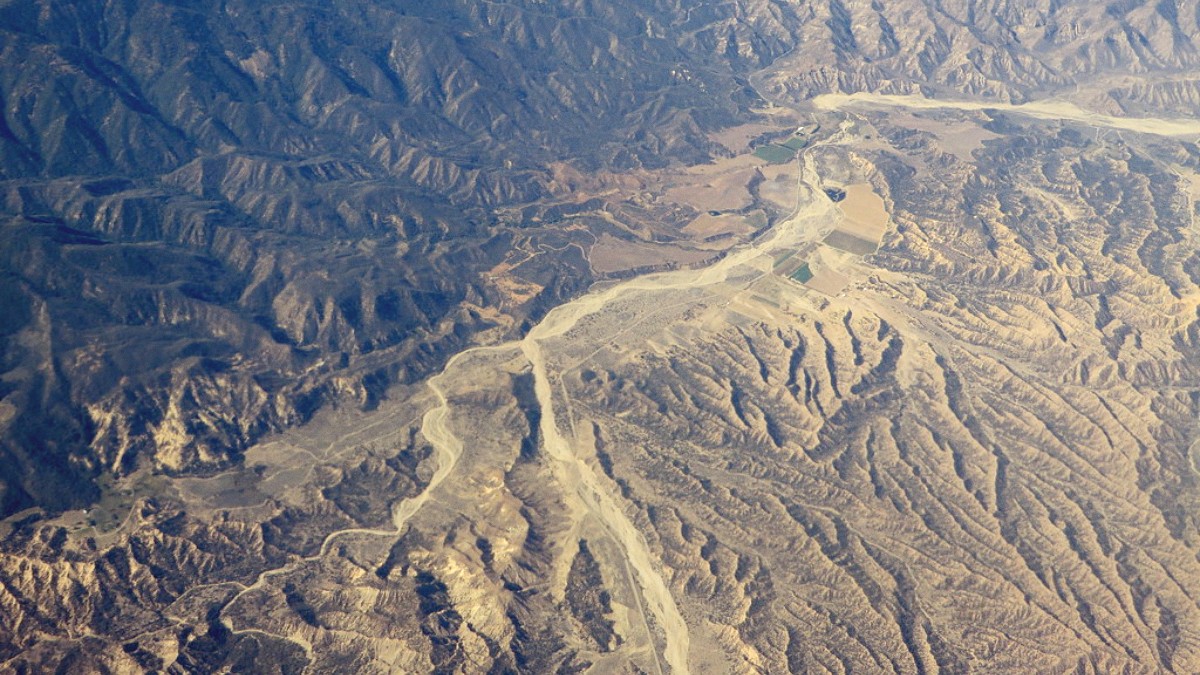
The Northeast, Brazil
São Luís features a tropical climate, marked by consistent high temperatures and humidity throughout the year. The average annual temperature hovers around 26°C (79°F), with minimal seasonal variation in warmth. Instead, the year divides into two distinct precipitation patterns: a rainy season and a dry season.
July to September
Weather brings plenty of sunshine and lower humidity. Ideal for Lençóis Maranhenses National Park, with full lagoons and dry conditions for exploration.
Higher demand and prices for accommodations and tours. City and attractions are more crowded.
October to December (dry), June (transition)
Good weather with less rain and ample sunshine. Fewer crowds, potentially better prices. June has the unique São João festival.
Later in the dry season (Oct-Dec), Lençóis lagoons may recede. June has some lingering rain.
January to May (peak rainy season)
Lower prices for accommodation and flights. Less touristy, a more authentic local experience.
Heavy and frequent rain disrupts outdoor activities. High humidity. Mosquito activity can be higher.
Plan your visit between July and September. This period means full lagoons and dry, sunny weather for dune trekking.
Explore São Luís year-round. The dry season brings comfortable conditions for walking cobblestone streets. During the rainy season, carry an umbrella or lightweight rain jacket.
If cultural immersion through festivals is a priority, visiting in June brings a memorable experience. Be aware that weather in June is transitional, with some rain still possible.
Always use sun protection like high-SPF sunscreen, hats, and sunglasses to prevent sunburn and heat exhaustion. Avoid prolonged sun exposure during peak midday hours (10 AM to 4 PM).
During the rainy season, mosquito activity tends to be higher. Use repellent and consider long clothing.
Regulations change, so always check the latest information from the official Brazilian consulate or embassy in your country before travel.
Brazil maintains a visa exemption for citizens of many countries, including the United States, Canada, Australia, Japan, and most EU member states. These travelers typically enter for tourism for up to 90 days, often renewable for another 90 days, not exceeding 180 days in a 12-month period.
Brazil does not impose general entry fees for tourists. Immigration procedure at Marechal Cunha Machado International Airport (SLZ) is straightforward: present your passport and documents to an officer. Pay attention to your authorized stay period.
Brazil uses the Brazilian Real (BRL), symbolized as R$.
This section details comprehensive advice, from vaccinations to managing personal security.
Brazil has a public healthcare system (SUS) that is free for all, but public hospitals are often overcrowded. For better quality care, consider private hospitals or clinics.
Private hospitals like Hospital UDI or Hospital São Domingos are reputable. Payment is typically upfront.
Public hospitals are not recommended for non-emergency tourist use due to wait times and basic facilities.
Tap water in São Luís is generally not safe for direct consumption. Always drink bottled water, even for brushing your teeth.
Eat at busy establishments with high food turnover. Food should be hot and cooked thoroughly.
Be cautious with unpeeled fruits and raw vegetables washed in unsafe water. Peel fruits yourself.
São Luís, like many large Brazilian cities, experiences varying crime rates. Petty crime (pickpocketing, bag snatching) is a concern in crowded tourist areas and on public transport.
Dress modestly. Carry only essential cash and documents. Keep valuables out of sight. Use an anti-theft money belt.
Do not resist if confronted by an armed robber. Comply with demands. Your safety is more important than possessions.
| Area | Concern | Prevention |
|---|---|---|
| Historic Center | Petty crime, especially at night. | Exercise extra vigilance, avoid walking alone at night in less-trafficked alleys. |
| Public Beaches | Can become less safe after dark. | Avoid after dark. Maintain caution during the day. |
| Public Transport/Terminals | Pickpocketing in crowded areas. | Heightened awareness. Watch belongings closely. Use reputable transport. |